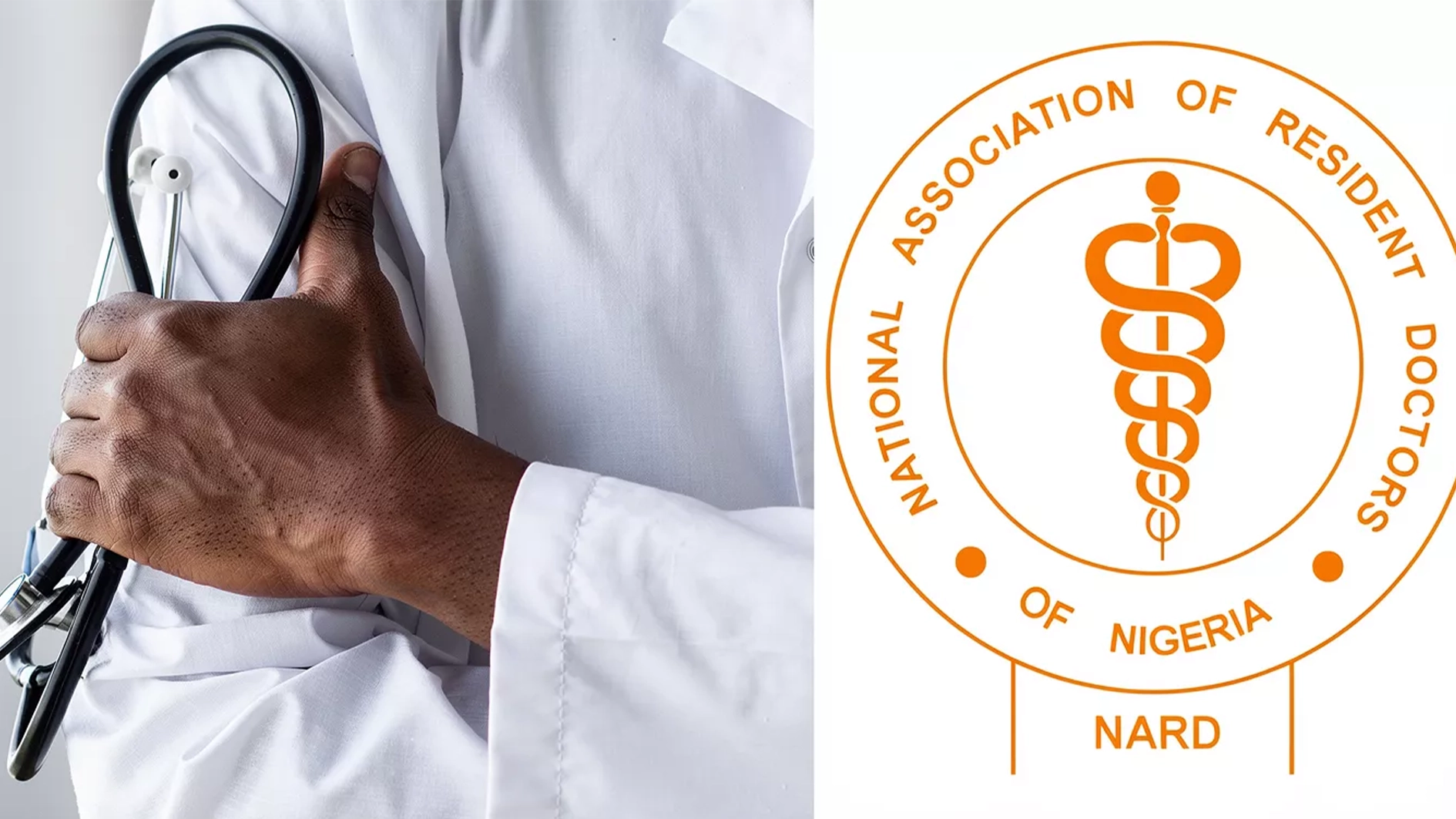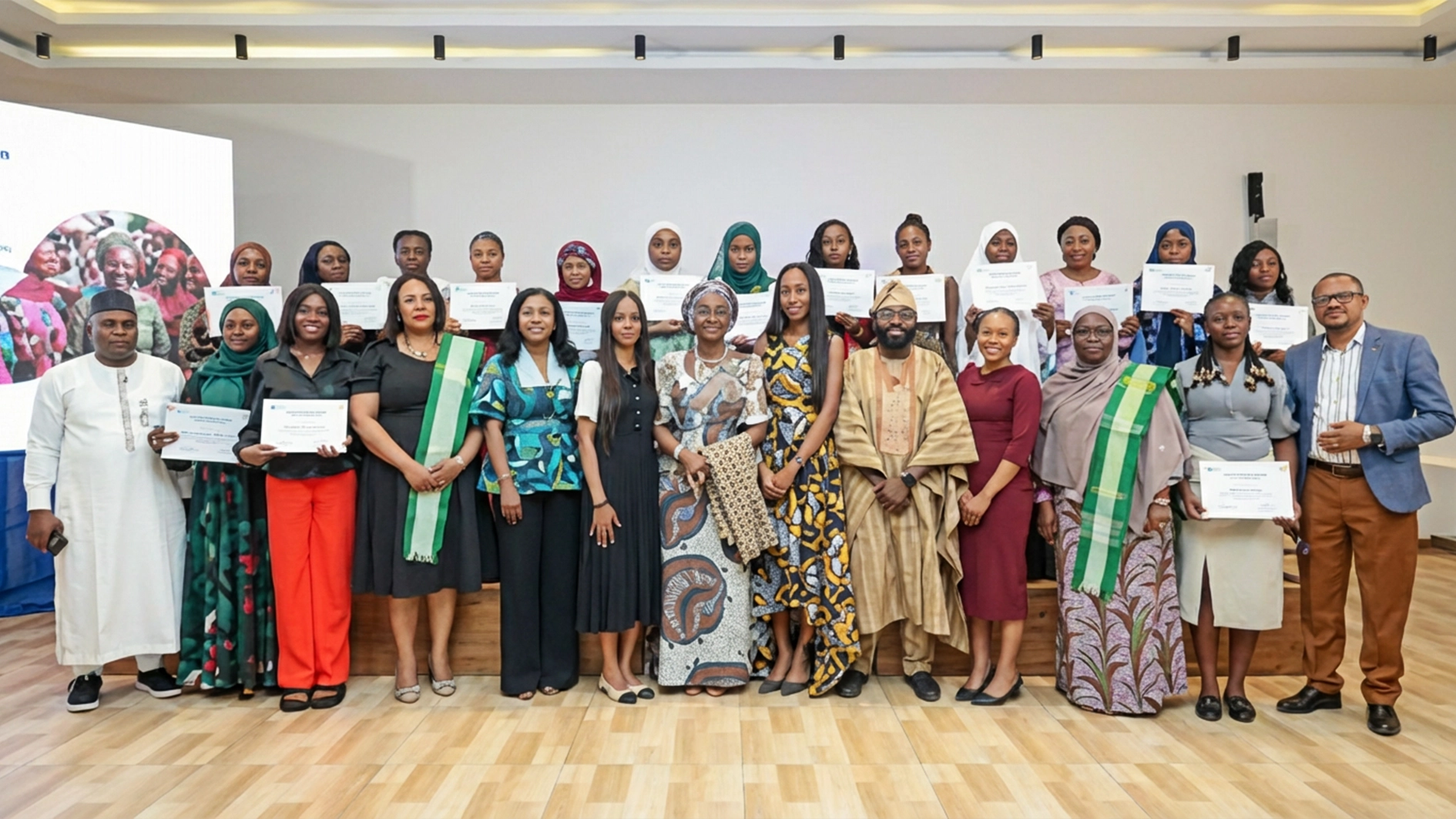The Federal Government has reaffirmed its commitment to enhancing health financing by increasing domestic resources and decreasing reliance on external aid, ensuring that every Nigerian can access quality healthcare without financial hardship.
The government also aims to enroll at least 44 million Nigerians into the National Health Insurance by 2030 to help lower out-of-pocket health costs, which currently stand at an unacceptable rate of about 70%.
Minister of State for Health, Dr. Adekunle Salako, who stated this on Monday at the National Health Financing Policy Dialogue with the theme, “Reimagining The Future of Health Financing in Nigeria”, organised by the National Health Insurance Agency (NHIA) in Abuja, said it has become essential for Nigeria to focus more on internal financing of its health agenda. He added that the dialogue reflects Nigeria’s aspirations for improved domestic and sustainable health funding in the pursuit of universal health coverage.
Salako noted that President Tinubu continues to emphasise the importance of a robust health system for national progress and has thus directed the implementation of several interlinked policies to achieve Universal Health Coverage (UHC) and safeguard vulnerable Nigerians.
He said, “This gathering underscores Nigeria’s unwavering commitment to citizens’ health through innovative and sustainable financing mechanisms. We are united with a shared vision to reshape Nigeria’s health financing landscape.
Today, should therefore not just be for discussion but a moment to turn commitments into actionable strategies, inspiring outcomes that will guide future policy and implementation”.
Salako highlighted government efforts towards ensuring Universal Health Coverage, including the upward trend in budgetary allocation for the health sector, the provision of emergency funding to protect against the shock of dwindling ODA, the consistent funding of BHCP, and the approval of special initiatives such as HOPE Health.
He noted that Nigeria’s health budget has increased from ₦434 billion in 2018 to ₦1.02 trillion in 2021 adding that while this illustrates commendable growth, the 2025 allocation of ₦2.48 trillion marks a substantial nominal increase; more than doubling since 2021, equating to 5.18 per cent of the total federal budget, but still falls significantly short of the 15 per cent Abuja Declaration benchmark.
The minister noted that the National Assembly increased the health budget in 2024 by ₦300 billion in response to the shortfall caused by the suspension of U.S. health aid, thereby further increasing the overall health sector allocation.
their combined budget allocations to the health sector, emphasising that Nigeria’s total health expenditure as a percentage of GDP rose from 3.47 per cent in 2013 to 5.03 per cent in 2024.
He said, “The Federal Ministry of Health and Social Welfare is committed to the evolution of legislation, regulations and policies and will continue to oversee their diligent implementation. Such legislation includes the National Health Insurance Authority (NHIA) Act (2022), a landmark legislation that makes health insurance mandatory for all Nigerians, aiming to significantly expand coverage beyond the previous five per cent of the population. The Act also establishes a Vulnerable Group Fund to cover the poor and vulnerable who cannot afford premiums”.
“The Basic Health Care Provision Fund (BHCPF) instituted by the 2014 National Health Act, leverages one per cent of the federal consolidated revenue to provide access to quality primary healthcare for the poor and vulnerable, and it is a key mechanism for operationalising the Vulnerable Group Fund. The Ministry is already examining the possibility of approaching the National Assembly to increase the allocation to BHCPF from the current one per cent of consolidated revenue to at least two per cent”.
Salako emphasised that the country must be prepared to learn from best practices implemented elsewhere, adapt these practices, strengthen regional collaborations, and leapfrog a nationally supported reform agenda. This should focus on increasing domestic health financing, exploring innovative mechanisms to ensure that every Nigerian has access to quality healthcare without financial hardship.
Declaring the event open, Minister of Health and Social Welfare, Prof. Mohammed Ali Pate, observed that Nigeria has underinvested in health for decades, and this is reflected in our outcomes.
Pate remarked that earlier this year, a major shock reminded the country of a hard truth: we cannot build a healthy nation on the backs of other people’s taxpayers, but should instead progressively invest our own resources.
He said, “Health is not cheap. It requires consistent and deliberate investment. As our economy grows and government revenue expands, we must allocate more to health. But government alone cannot do it. We need a well-functioning health market where the private sector participates actively and civil society plays its role as watchdog, advocate, and accountability partner”.
Pate observed that for over two decades, Nigeria’s health financing has heavily depended on out-of-pocket spending by families, households, and communities. However, in the last two years, the Federal Government has increased its contribution and emphasised the need for state governments to match these efforts.
The minister insisted that the mandate to make health insurance compulsory for all Nigerians must be realised, adding that every employer should seek ways to enrol their workers, while every Nigerian should obtain coverage so that risks are shared and individuals are protected against catastrophic illnesses.
He said, “Today, Nigeria spends roughly $120 per capita on health. Two-thirds of that comes from out-of-pocket spending, about $30 per capita from government, and less than 10 per cent from development partners. That is like trying to ride a bicycle while comparing ourselves to countries operating on the level of a Rolls Royce. The challenge before us is: how do we stretch what we currently have more efficiently, mobilise resources better, and deploy them wisely—while ensuring that the poorest and most vulnerable are protected”.
The minister noted that the Health Financing dialogue is a significant moment in the context of the reforms Nigeria is undertaking under this administration, adding that when the President prioritised health as a key pillar of his Renewed Hope Agenda, the government set out with a clear mission: to save lives, reduce physical and financial pain, produce better health for all Nigerians, and attain the concept of universal health coverage.
In his remarks, the Director-General of the NHIA, Dr. Kelechi Ohiri, said that, globally, the financing landscape for health is shifting, adding that the event is aimed at shaping the future of domestic health financing in Nigeria.
He said, “This dialogue is timely. The world we knew, where official development assistance played a central rol,e is changing rapidly. We are in what I describe as a period of multiple transitions, a development financing transition, where reliance must increasingly be on domestic resources, a health transition, marked by the dual burden of disease—infectious, maternal, and newborn illnesses alongside the rising challenge of non-communicable diseases”.
Ohiri stated that high out-of-pocket expenditure, limited financial protection, and the challenges of a decentralised system require better coordination and resource mobilisation, not just at the federal level but also at state and local government levels.






